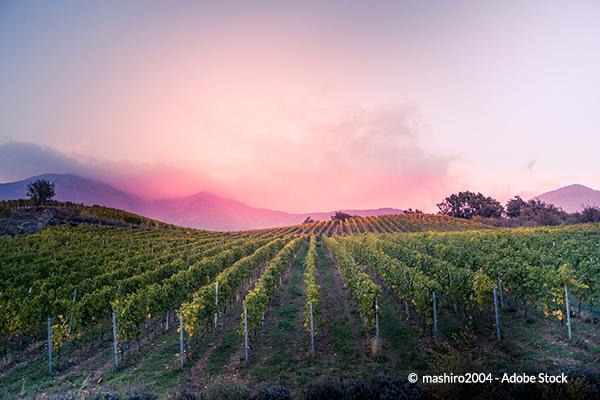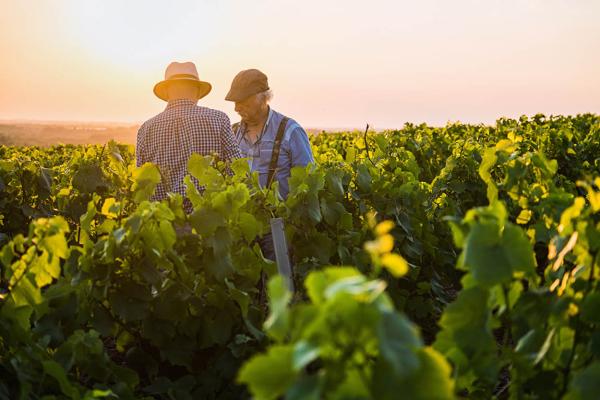
Today, the Commission invited representatives of EU Member States to participate in a High-Level Group on Wine Policy where the challenges and opportunities for the sector will be discussed. The Group will hold its first meeting on 11 September 2024. Stakeholder organisations will also be invited to the first meeting to present their assessment of the situation and outlook for the EU wine sector.
EU Agriculture Commissioner Janusz Wojciechowski announced the establishment of the High-Level Group at the Agriculture and Fisheries Council meeting of 27 May 2024, in response to requests from the European wine sector.
Over the past two decades, the EU wine sector has been a success story. Framed by a comprehensive regulatory system, the EU has been leading in the world, with exports that tripled in value over that period. Despite this success, and its significant contribution to EU GDP, the sector is now facing significant challenges due to a long-term decline of domestic consumption, a shift in consumer preferences, and an unstable and less globalised international context affecting our key export markets. In addition, the sector faces increasingly unpredictable production conditions and harvests due to climate change.
The EU wine sector must adapt to these new realities, and the policy framework should be fit for accompanying the required transition.
The High-Level Group on Wine Policy will serve as a forum to address these challenges and explore possible solutions. The Group will meet at least three times and is expected to deliver conclusions and recommendations for future policy developments by the beginning of 2025.
Background
The EU wine sector is a pillar of the EU’s cultural heritage and makes a vital contribution to the EU’s economy, society, and rural areas. The wine value chain enhances the quality, sustainability, and competitiveness of the EU agricultural sector. It creates an estimated 3 million direct and indirect full-time jobs, most of them in rural areas, and contributes an estimated €130 billion to EU GDP, including the direct and induced value generated over the whole supply chain. At the EU level, the wine sector is protected by a thorough regulatory framework, and supported by wine support programs in wine-producing countries.
The EU is the global leader in wine production (60%), consumption (48%) and exported value (60%). At the same time, societal and demographic changes are impacting the amount, quality and types of wine consumed. Wine consumption is at its lowest level in the past three decades. The EU’s flagship red wines are being replaced by fresher and lighter wines, or by other beverages easier to adapt to new tastes. Traditional export markets for EU wines are impacted by a combination of de-consumption and geopolitical factors, leading to more erratic import patterns. In addition, production is becoming unpredictable, given the wine sector’s extreme vulnerability to climate change. The Commission is working with EU Member States to help the wine sector adapt to these complex new realities. The latest data on the wine sector can be found in the Wine Market Observatory.
Details
- Publication date
- 8 July 2024
- Author
- Directorate-General for Agriculture and Rural Development
- Location
- Brussels



